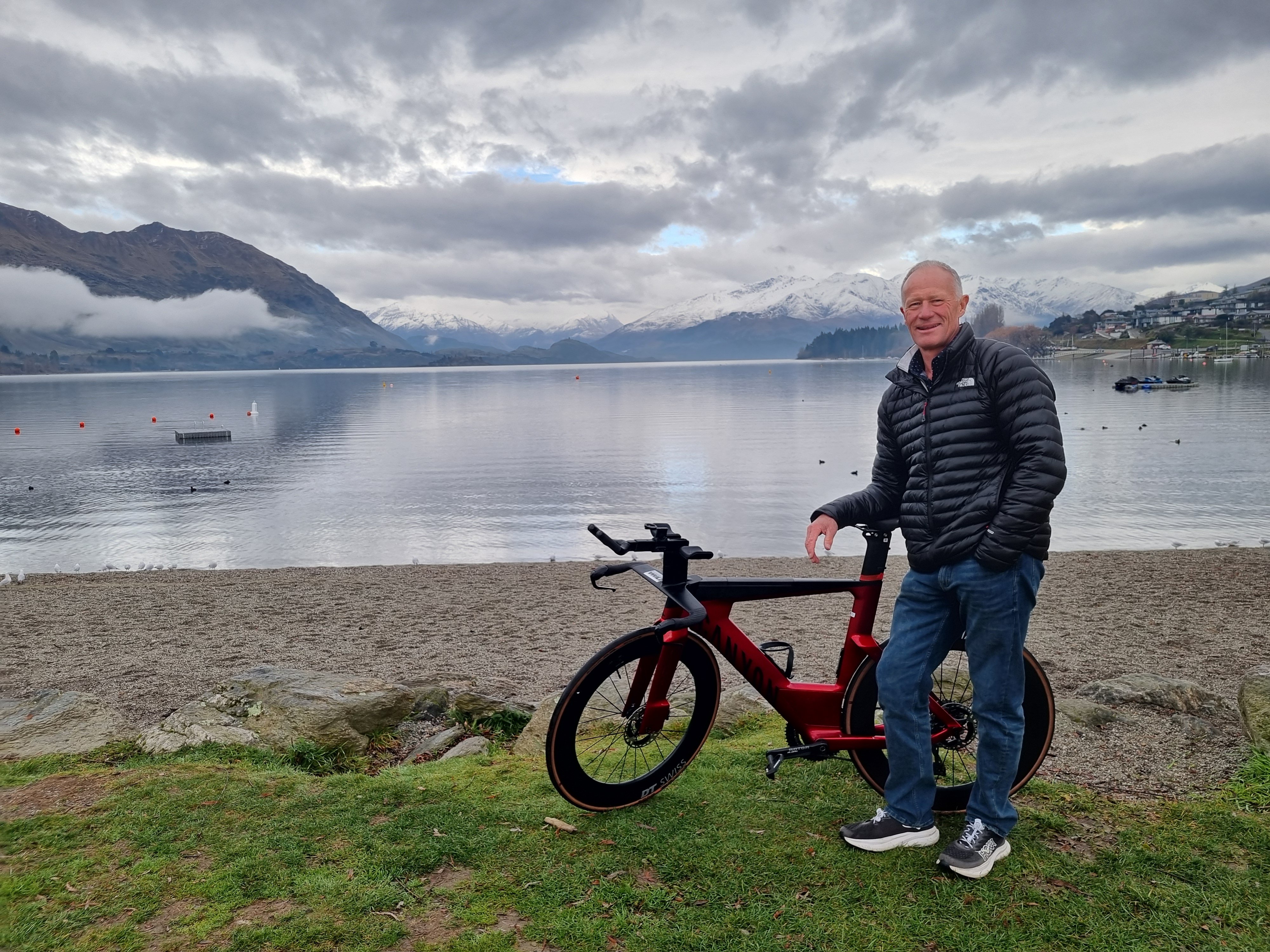
Wanaka still has one of those, Dr Andrew McLeod, but he is retiring after 40 years as the local GP at Wanaka Medical.
Dr McLeod was born in Southland before studying at medical school in Dunedin. Apart from a stint in Owaka on the east coast, he has spent his career in Wanaka, at the same practice.
"I suppose it isn’t too common."
"I got the opportunity to go to med school and I took it, and I haven’t regretted it for a moment. You come up here for work and the environment, and you stay for family, for community, for your work mates and the people that support you."
Through spending such a long time in the area, he has seen patients grow older, get their health back and have families. He marks this as a special part of his work.
"That has been the joy, just in seeing people develop from teenagers to parents to being grandparents. People who have had medical or social issues and have got their lives sorted. People recovering and leading their best possible lives.
"I know I have families who I have been their doctor for four generations and that is pretty special."
Dr McLeod has stayed as a GP, as opposed to going to a hospital and working on the operating table. His specialties have been general health, sports health and skin cancer.
He has mixed feelings about the state of Wanaka and the Queenstown Lakes District’s health system. On the one hand, the practitioners, nurses and health specialists go above and beyond — on the other, they are stretched and have no choice but to.
"I hope that people recognise just how well they have been served by the two and now three general practices in the last period of time. The quality of general practice in this town is second to none."
Because of the three-hour drive to a main centre such as Invercargill and Dunedin, doctors there had done a lot of things they would not have had to do if they were in those main centres, he said.
"We have essentially had practices providing emergency department care and facilitating that. This is relatively under-recognised by health bureaucrats. It is getting to a point where, as the town grows, we need some extra publicly funded support and the hospital is starting to provide some support for the emergency work that we do."
He was not sure that Wanaka would be the place for the new Lakes District hospital to be built, but the wider area was in desperate need of one.
"We certainly need a hospital and where it is located, between Alexandra, Queenstown, Cromwell or Wanaka, is best for the health planners to look at."
The biggest disparity for people in the Upper Clutha area was travel time for specialist care, he said.
Travelling three hours for a 15-minute appointment at one’s own cost was appalling.
Nationally, the system was stretched and that stopped them from doing their job completely, at times, he said.
"The medical profession can be accused of being there to distribute drugs, but that is not where the real joy lies — it is helping, it is people finding better health for themselves or how they stay well rather than the ambulance at the bottom of the cliff.
"We are underfunded and under-appreciated now and it makes it very difficult to get the time to provide preventative care and we are doing more catch-up stuff."
That would stretch the hospital budget and system.
While he has not reached any point of dissatisfaction, with his road bike and two grandchildren calling, the 66-year-old and 25-time ironman competitor plans to hang up his stethoscope within the next 12 months.










